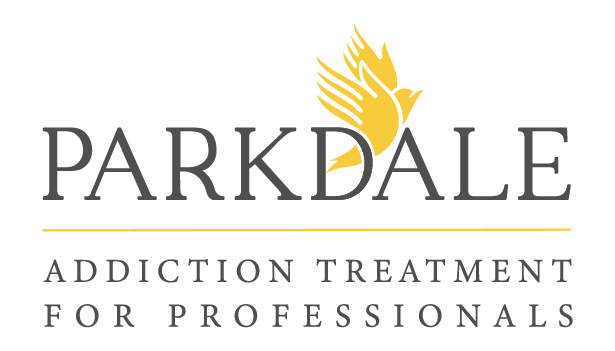By: Ethan Bickelhaupt
Trauma. It’s an experience that unfortunately most of us have had to endure at some point in our lives. Often it’s the result of some sort of deep personal tragedy. Whether it’s through the pain of losing a loved one, having to watch someone die, feeling the threat of losing one’s own life or feeling the emotional pain that comes from the verbal and/or physical abuse of another, the impact trauma can have on a person can be so significant that if left unchecked and unresolved can lead not only to social issues, but dependency issues as well, including substance abuse and alcoholism.
While physically exhausting, the mental, spiritual and psychological toll trauma may cause can be great, often affecting the body on every level and leaving a significant impact on one’s ability to be social, among other things. Trauma can affect us as human beings in a way that we don’t quite realize. Fear, anger, and sadness can flare up at odd moments of the day, unwarranted outbursts can result in minor confrontations, and if a situation doesn't go the way one had hoped, the end result could be tragic.
In anger management programs, it’s often been said that “the issue is not the issue”. In other words, whatever is causing angry outbursts or bouts of sadness and depression may not be directly tied to what’s happening at the moment. Deep rooted unresolved issues can surface as the result of one’s own trauma. There may be subtleties in that moment that remind the person of this trauma and therefore cause them to act in a way that others may deem irrational. Maybe you’re one of the many people that experience fear of success or are afraid to move forward for fear that you may not have what it takes to take that next step. Maybe when you were younger, someone said something to you that made you feel inadequate and that presently, regardless of your impressive talent and the fact you bring results, you still feel second best. How many careers have been stalled, relationships never forged, families never built as the result of fear that came from some sort of personal tragedy? The mind is powerful and it can cause one to behave in ways that can be self destructive.
Drugs and alcohol have often been a temporary means of mental escape for many who do not know how to handle their own personal struggles and tragedies. Temporary euphoria or the need to “get high” is obviously a powerful way to get one’s mind off of what ails them. But what if there was an alternative means of escape? While there are a number of rehabilitation centers and programs available, some extremely effective and some not, there are some alternative methods that may be helpful in not only dealing with trauma but also to aid in recovery. Some within the medical community have found that the practice of both yoga and a sense of mindfulness can help to create a safe place for the mind and aid individuals in finding a real, genuine road to recovery.
According to Ira Israel, a licensed counselor and psychotherapist, the yoga alternative has been quite effective in helping others to move from engaging in unhealthy addictions to engaging in healthy ones. He says, “For me, the applicable quote is 'One Mountain, Many Paths.' With drugs, people are trying to take the helicopter route up the mountain and unfortunately their helicopters often crash. Yoga and meditation are longer, but more scenic and satisfying routes. Such practices produce a more profound and visceral sense of the inner serenity that is mentioned in AA’s Serenity Prayer.” Israel believes that these methods have helped people to overcome anxiety and depression as well as help people to obtain sobriety. It’s definitely something to look into and consider especially when it seems as if everything has been tried and when all seems to be lost.
Israel shares what he believes mindfulness has the power to do, which is to help clear the mind of the negativity we may have picked up during our childhood. He adds, “In the end, we all have to overcome the way our minds have assimilated the negative language of our childhoods and have created resentments—woulda-shoulda-coulda-didn’ts. Our resentments transmute into defense mechanisms to try to stave off future traumas. Every child creates a particular ‘way of being in the world’ to try to get his or her emotional and psychological needs met. The problem is that whatever defense mechanisms you created to survive your childhood are now probably hindering you from showing up authentically. Addicts in recovery can use yoga and meditation to get off of the mental hamster wheels in their heads and eventually master any negative self-talk blaring within.”
Holistic approaches such as these are proving to be extremely effective and are becoming more frequently used practices to help on the road to recovery. For more information on this subject, click on the reference link above and for more information on Park Dale Center, visit us at www.parkdalecenter.com. We look forward to doing all we can to help you move forward.


